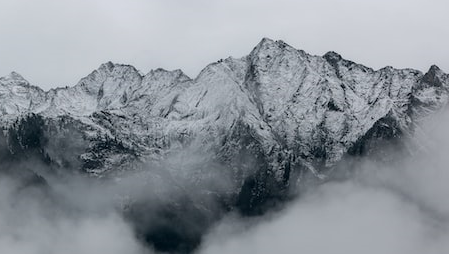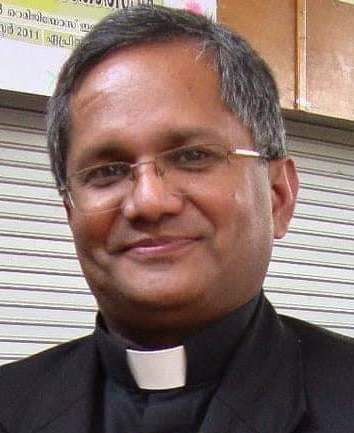Some of the North African and the Middle East nations are going through a wave of revolution at present. Years of dictatorship, economic stagnation, nepotism, corruption, stifling censorship and oppression of the masses are giving way to transparency, freedom of expression and human rights. The revolt for freedom, starting from Tunisia, has now spread to Egypt, Bahrain, Libya, Yemen and Morocco. A few other nations are very much in the hit list. These dictators are either being dethroned and forced to flee or effect changes that give power into the hands of the people. These revolts, however, are not without their heavy price. Much blood is being shed, and many sacrifice their lives for freedom, as the dictators use heavy weaponry against their own people. Many cities witness fierce resistance and outright massacres. But these revolts also reveal the stark limits to the utility of violence. Protesters continue to stand up and demonstrate against the regimes braving violence and mass killing.
Why people come out to protest at the cost of their own lives? Someone has said that the ingredients of a revolution are hunger, tyranny, corruption, corrupt wives, corrupt and greedy sons, etc. But the most compelling reason for a revolution is the basic yearning of the people for freedom which allows them to enjoy their fundamental human rights. When the rulers make laws and dictate them to the people; when people have no participatory role in the affairs of a nation; when they are treated like slaves by their masters; when people's voices are not heard, a revolution is the only option before them. The dictators amass enormous wealth, hoarding the resources that should normally belong to the citizens. They lead luxurious lifestyles while the poor are denied of the basic necessities and they die of hunger. There is a limit to which oppression may be tolerated. A time comes when people realise they have suffered enough and thus protests erupt, most often spontaneously. People who come out are willing to pay the heavy price even with their lives. Those who are in the forefront of the fight might never live to enjoy the freedom for which they fight. But they do fight all the same because they love their country, and want to have a better, more free lives for the future generations, freed of the monster tyrants. No matter how powerful a dictator is, and how long he has been on the throne, when people decide to organise and fight, he has to run for cover.
"The real demand of the people is simple - to be free of oppression. But what's not clear is if they can agree on what the future can be" - George Joffe, University of Cambridge












